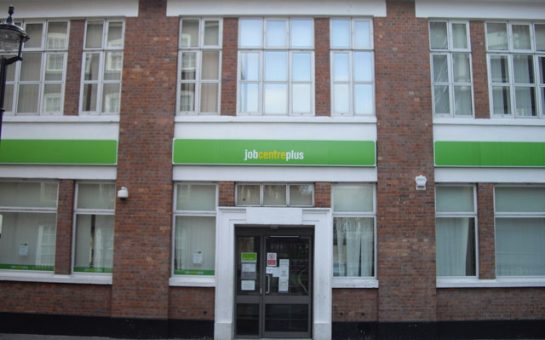We will see a rise in domestic and financial abuse issues if the Coalition’s Universal Credit scheme is enforced, claim Manchester grassroots groups.
With a single payment to each household under the scheme, concerns are being raised that money may more easily falls into the hands of abusive partners.
Greater Manchester was used as a testing ground for the scheme, with Ashton-under-Lyne jobseekers being the first in the country to pilot it.
An ‘architect’ of the reform, Deven Ghelani, who spoke at a public talk for Manchester Policy last week, was asked to defend the reported oversight in the policy.
One audience member, who works at a Manchester-based women’s refuge centre, said this issue was creating a sense of fear amongst an already vulnerable group of people.
Sarah Whitehead, speaking at the event as co-founder of the Weaste Area Forum, strongly agreed.
She said: “If you are in an oppressive relationship, it is going to be difficult to speak out. There is nothing there stopping the more dominant in the relationship saying ‘give all the money to me’.”
Mr Ghelani was quick to defend the reforms, rejecting the idea that the initiative had been ill thought-out.
He said: “The idea behind it being a household payment really comes down to simplicity. [The abuse issue] is not one that wasn’t thought about.
“But the view that came back from individuals was that it would be easier to deal with bills if it was just one payment.”
The government’s flagship project has been mired in controversy since first announced, with reports of spiralling costs, IT problems and mismanagement creating obstacles to scheduled rollout.
Mr Ghelani, who has worked closely with Iain Duncan Smith in the conception of the project, also added fuel to suspicions the government is seeking to shift the burden of issues caused by welfare dependence.
He said: “The state is not the decision-maker in this. That is a really important part of the principle of Universal Credit.
“It is about the households being the decision maker in their own lives. It is not the job of the benefits system to solve [these] problems.”
Working with affected groups every day in her role as a support worker and peer mentor, Ms Whitehead expressed dismay at this approach.
She said: “There are a multitude of issues these individuals need support with but the support is not there in the other areas as budgets are cut.
“Deven said that the help is there, but it is not always there when it’s needed early. Families are being let down.”
Image courtesy of Myrddin Irwin with thanks.



